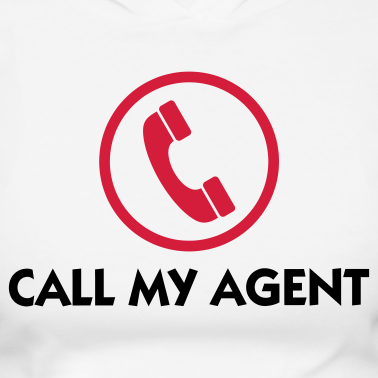 Around this time each year I attend many dance concerts, most of which are graduation showcases. As each show ends and I see the joy in these students faces that their year of blood, sweat and tears is finally over. I can’t help to think that for the majority of the graduates their dream of being a continuing, successful working dancer is slim. I don’t make this comment to sound negative at all, it’s just plain fact.
Around this time each year I attend many dance concerts, most of which are graduation showcases. As each show ends and I see the joy in these students faces that their year of blood, sweat and tears is finally over. I can’t help to think that for the majority of the graduates their dream of being a continuing, successful working dancer is slim. I don’t make this comment to sound negative at all, it’s just plain fact.
Over the last two years of running DanceLife I’ve had one conversation over and over again with agents to choreographers to ex performers and that’s around ‘talent treating themself as a brand and a business’. I won’t be banging on about this today but one aspect of this concept is to continue learning and sharpening your skills after you graduate and who better to help you than an agent!
Signing with an Agent is a goal that many full time students aspire to once completing their course. So what is an Agent? What is a Manager?
AGENT – An Agent simply finds the work and negotiates the deals for their talent.
MANAGER – A Manager works closely with their talent on creating a development plan and career strategy.
In Australia most agents/managers come under the one umbrella. With the limited amount of opportunities that are available for dancers/performers in Australia your agent should be focusing on uncovering the opportunities while you work on your skills development and career plan with advice from your agent of course.
How To Find The Best Representation For You
Over the last nearly four years I’ve been working as an Agent at The Harry M Miller Group. While I don’t manager dancers, I do look after high profile television and media personalities. Here are some points to keep in the back of your mind when looking for an agent.
• The Relationship – The Agent/Client relationship (yes, it’s a relationship) is one built on trust, energy, knowledge and proactive mind sets. When you meet with a potential agent you are literally on a date. You both have on your best face yet are getting a feel for what each other are like. If you’re walking into the meeting and you’re NOT both thinking ‘they would be lucky to have me’ then there is a problem. Both parties should believe not only in each other but in what they bring to the table.
• Ask Questions – Think back to your first interview for that part time job you had back in high school. You went home and your mum started asking you all these questions about how many shifts, what’s the pay etc and you simply forgot to ask. This initial meeting with your potential agent is all about finding out information so ask away.
• Quantity VS Quality – There are all types of agencies out there from the ones who work from home with a small amount of clients to the ones with hundreds of clients on their books running their agency from an office with ocean views. The structure that sits around your agent (the person) is truly irrelevant. Important things to think about are – Does the agency have a good client to agent ratio (is there one agent to 200 talent or is there a sole operator agent looking after 20 or so clients?). The last thing you want to do is to embark on the beginning of your professional career while being the smallest fish in the biggest pond.
• Realistic Expectations – In conjunction to my above point communicate clearly to your agent what your expectations are. A good agent will also do the same with you. This does not mean promising you the world (over promise, under deliver). Don’t be fooled by all talk and no action. Also remember that while you don’t want to be thrown to the side and never called, keep in perspective where you sit within the client stable. Remember Agents work on commission so if you’re not making money for them after their initial investment (resources) on you then you need to reassess the approach and/or your career plan.
• Connections – The old saying ‘it’s not what you know it’s who you know’ is very relevant to the entertainment industry. Having done your research (before your agent meetings) you should know who the casting agents, choreographers, events and production companies are that are working heavily in the industry (booking dancers). Ask the agent about their relationships with these people. Ask them for examples of their existing talent working for these entities.
• Materials – You are a business so make sure that all your marketing materials (headshot, bio/CV, showreel, business card, website) are professionally presented – create a brand! Some agencies have a standard signing on board fee which includes these materials. Never send out a non professional photographs to anyone! One other tip I would suggest to you if you’re a triple threat that also wants to get into television presenting is to have two types of bios/CV – one that lists your stats and credits, the other being a well written conversational version (paragraphs).
Now you should be set ready to go on your first agency meetings. Remember that getting an Agent isn’t the be all and end all. There are many online websites that list castings while you’re waiting to meet that perfect agent for you.
The next chapter of your life starts now! Go get it!
All the best,
Clint
Clint Salter is the Managing Director and Founder of DanceLife and an Agent at The Harry M Miller Group.
For more information about creating your brand and career development contact Clint on clint@dancelife.com.au.













